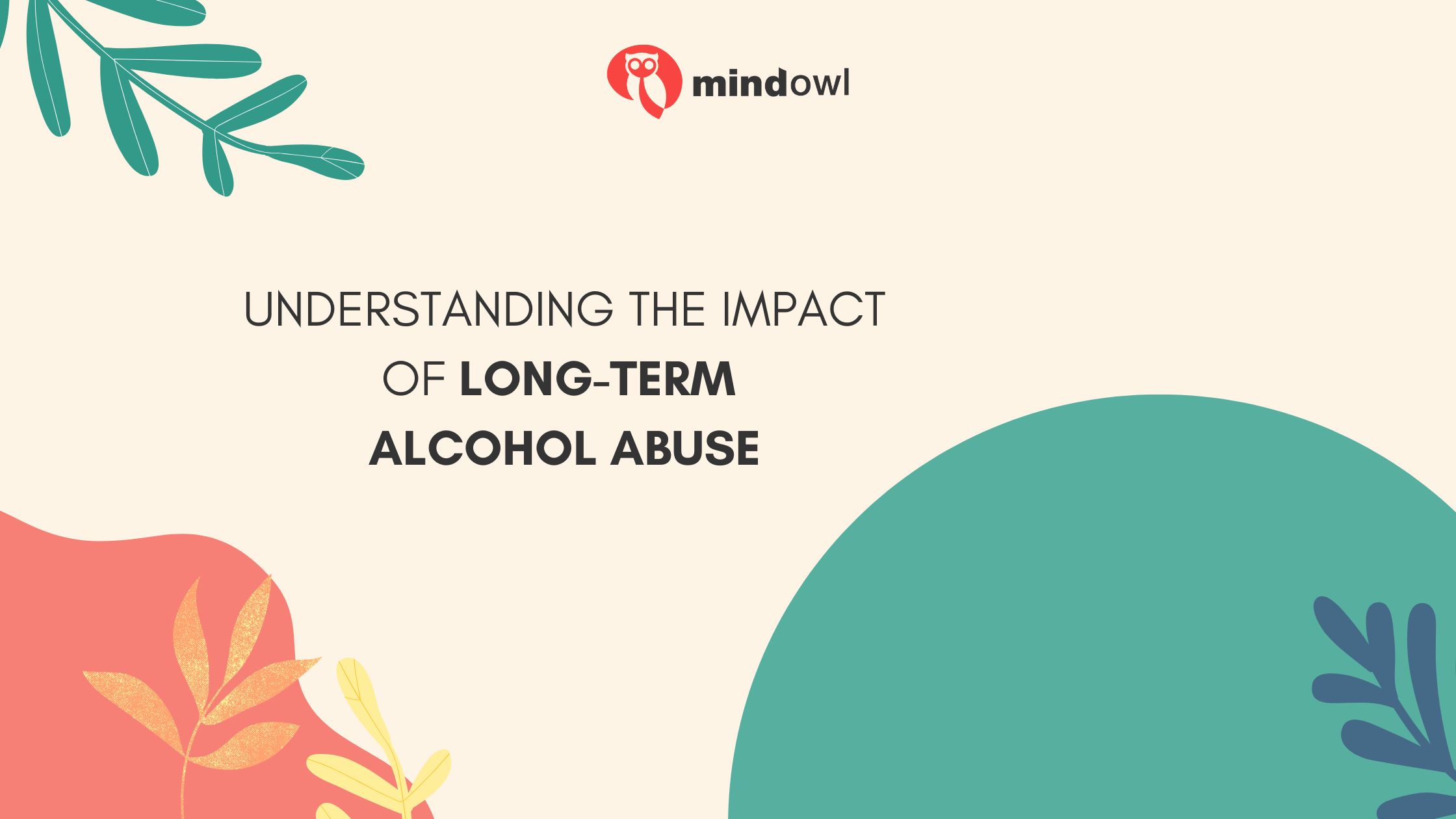
Long-term alcohol abuse is a significant public health concern, often overlooked amidst discussions about other societal challenges. While many enjoy the occasional drink without adverse effects, the chronic misuse of alcohol brings plenty of problems that ripple through individual lives, families, and communities. Exploring the profound consequences of habitual alcohol abuse sheds light on an issue demanding urgent attention.
The Relentless Grip of Dependency
Addiction is at the heart of alcohol abuse. What starts as social drinking can evolve disturbingly into dependency. This relentless grip makes it increasingly difficult for many to cease consumption even when faced with clear adverse effects on their health, relationships, and livelihoods. Over time, the rewarding sensation once associated with drinking transitions into a vicious cycle marked by a sinking need rather than enjoyment. The complexities of this dependency demand both understanding and action.
Family dynamics are particularly impacted as dependency grows. Loved ones often find themselves in supporting roles, striving to aid the individual battling addiction, only to realize that without professional intervention, their efforts can lead to frustration and burnout. These difficulties can exacerbate existing tensions, making it challenging to foster a nurturing environment. Moreover, social pressures and attempts to hide dependency can encourage denial, pushing professional help further out of reach.
Seeking professional intervention is vital, especially for those deeply entwined in cycles of dependency. Reliable resources and programs like a Connecticut alcohol rehab facility can provide valuable information on treatment options that can help individuals embark on the path to recovery. These resources bridge the gap and guide both affected individuals and their families toward finding the necessary support.
Deteriorating Health Outcomes
Alcohol has far-reaching effects on the human body. Chronic consumption impairs liver function, leading to conditions like cirrhosis and hepatitis. The stomach, pancreas, and heart also bear the brunt of long-term abuse, with increased risks of diabetes, cardiovascular diseases, and certain cancers. Meanwhile, the brain does not remain unscathed. Cognitive impairment, mood disorders, and sleep disturbances intertwine to compound a user’s struggles. Simply put, the devil is in the details, and prolonged alcohol use eventually manifests in severe health deterioration.
An often-overlooked consequence of prolonged alcohol abuse is the impact on nutritional health. Individuals may neglect essential nutritional needs, leading to vitamin deficiencies that further complicate physical and mental health. For instance, a deficiency in thiamine (vitamin B1) can lead to Wernicke-Korsakoff syndrome, characterized by neurological impairments. This illustrates how intertwined physical health and dietary habits are, especially in the context of alcohol dependency.
Societal and Economic Toll
While personal health suffering from alcohol abuse is significant, the ripple effects extend much further. Families bear the emotional torment of broken relationships and the potential for domestic violence. Children in homes plagued by alcohol abuse often face neglect, leading to an unfortunate cycle of generational challenges. Economically, the toll is striking, with alcohol-related issues costing billions through healthcare expenses, legal proceedings, and lost productivity.
Communities face their own set of challenges shaped by alcohol abuse. Hospitals and emergency services are often strained, diverting resources that could be utilized in other lifesaving areas. Furthermore, public safety concerns emerge, with alcohol-related accidents contributing to a significant number of injuries and fatalities each year. Addressing these challenges requires a collective endeavor, involving not only healthcare systems but community organizations and policy-makers working together for comprehensive solutions.
Addressing Mental Well-being
The relationship between alcohol abuse and mental health is complex. Many consume alcohol as a coping mechanism for underlying issues such as anxiety or depression. However, this leads to a paradox where the substance intended as a solution exacerbates the original problem. Alcohol acts as both a catalyst for new mental health issues and a contributor to ongoing ones, trapping individuals in an often-overlooked cycle of despondency requiring comprehensive therapeutic interventions.
Research has increasingly highlighted the need for dual-diagnosis treatment programs, which simultaneously address mental health disorders and substance abuse. By recognizing the two conditions as intertwined rather than separate issues, therapists can develop more holistic and effective treatment plans. Embracing this combined methodology not only benefits individuals by offering scope for recovery on both fronts but also promotes stability and resilience in their daily lives.
A Path Forward
Addressing long-term alcohol abuse requires diligent and multi-faceted approaches. Public health campaigns must evolve into targeted interventions fostering awareness and providing support. Initiatives centered around education and accessible treatment services can bridge the gap left by the stigmatization of seeking help. Embedding these strategies within communities promises not only to curb individual struggles but also to mitigate alcohol’s broader societal impact.
An optimistic outlook lies in employing community-based models involving peer support networks. These networks provide community members recovering from alcohol abuse with a platform to share experiences and learn from those who have successfully navigated the path to sobriety. Cultivating such environments results in shared accountability, fostering hope, and encouraging long-term abstention. Significantly, these networks embody a grassroots-level change capable of complementing broader institutional initiatives.
Concluding Thoughts
The impact of long-term alcohol abuse on individuals and society is undeniably profound. It affects health, finances, and relationships, often destabilizing entire communities. Recognizing and addressing this issue requires concerted efforts across healthcare, policy-making, and community engagement platforms. As the challenge of alcohol abuse looms large, the call for responsive action rings louder, urging changes toward prevention, treatment, and recovery. Whether through public policy change, healthcare innovation, or personal resolve, the pressing need for intervention is undeniable.
MindOwl Founder – My own struggles in life have led me to this path of understanding the human condition. I graduated with a bachelor’s degree in philosophy before completing a master’s degree in psychology at Regent’s University London. I then completed a postgraduate diploma in philosophical counselling before being trained in ACT (Acceptance and commitment therapy).
I’ve spent the last eight years studying the encounter of meditative practices with modern psychology.

